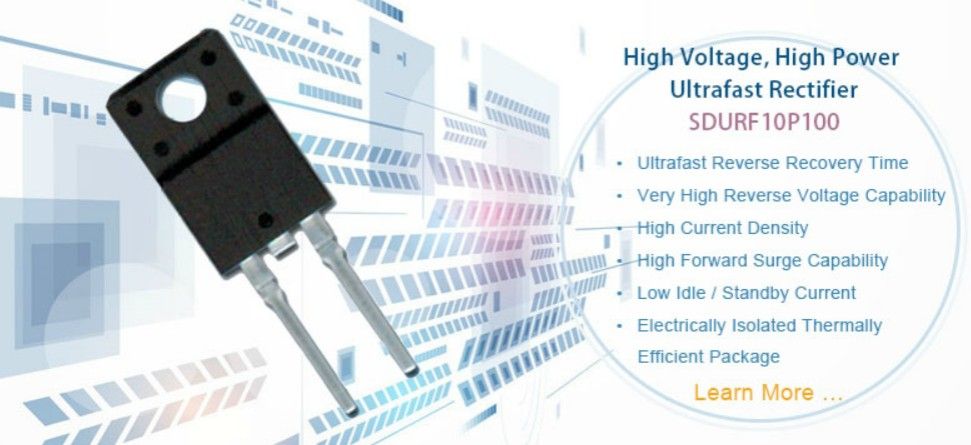Does Higher Voltage Mean More Power

For example take a dc motor.
Does higher voltage mean more power. For corded tools higher amps mean more power. A lower current means smaller components and thinner wires thus making it cheaper and more efficient. Voltage of a battery indicates how much potential is in a battery but that potential is not a measure of energy. The voltage current relation is focused on two things 1 the power which generated the electricity in the first place 2 the resistance r of the medium through which the current is supposed to flow.
First yes more voltage into a given load means more power. Consider trying to rinse a plate by dribbling water onto it from 2 different buckets. That said you have introduced a transformer into the scenario. What does this mean.
A higher pressure in one spot means a larger push on the water. For cordless power tools higher voltage generally translates into a more powerful tool. It also means that electric mower a and b have exactly the same amount of power. A higher voltage means a lower current for the same amount of power.
It means that electric mower a is able to pull more power from the power supply in this case the 1 7kw motor than electric mower b. The voltage potential difference corresponds to the pressure difference between two points. For charges in a circuit the voltage is the push that squeezed them forward through the obstacles in the form of resistors and other circuit components. But before you run off and buy take a quick look in his tool box.
For devices that will draw a varied amount of power depending on voltage they will draw more power at higher voltage. More voltage does not necessarily mean a more powerful mower. In reference to the op s cost concerns it will be the high power devices such as heating lighting and washing machines etc which will potentially draw more power at higher voltage. A transformer does not increase power just because it steps up the voltage because it will deliver correspondingly lower current.
Motors light bulbs heaters. Watts volts x amps so more volts more watts.


















